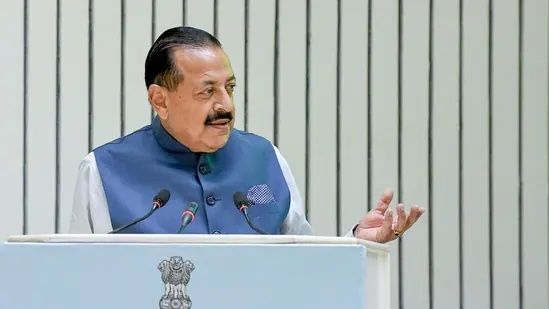
Policy Update for Central Government Employees
India’s central government has introduced a significant policy update allowing employees to claim up to 30 days of earned leave annually to care for elderly parents. Union Minister of State Jitendra Singh clarified these provisions during a Rajya Sabha session, emphasizing the importance of work-life balance for government staff. The revised rules under the Central Civil Services (Leave) Rules, 1972, now explicitly permit employees to utilize leave for personal caregiving responsibilities, including elderly family members. This change aligns with growing societal demands for flexible work policies and reflects the government’s commitment to employee welfare. The updated framework also maintains existing entitlements such as half pay leave, casual leave, and restricted holidays, ensuring a comprehensive approach to leave management.
Leave Account Management and Entitlements
Central government employees are now governed by a structured leave account system, with annual installments allocated on January 1 and July 1. This system tracks earned leave accruals, with employees receiving 2.5 days of earned leave per month of service. The total annual entitlement includes 30 days of earned leave, 20 days of half pay leave, 8 days of casual leave, and 2 days of restricted holidays. Notably, certain leaves like maternity, paternity, and child care leave are exempt from account debits and are granted upon specific circumstances. The 1972 rules also allow for the combination of leaves with holidays, providing greater flexibility for employees to manage personal and professional obligations.
Special Leave Provisions and Family Care Support
The revised policy extends special leave provisions to address family care needs, particularly for female employees. Female government servants with fewer than two children are entitled to over 180 days of maternity leave, while male employees can claim up to 15 days of paternity leave. These provisions, along with the new 30-day earned leave for elderly care, underscore the government’s focus on supporting employees’ family responsibilities. The rules also cover other specific scenarios such as work-related illnesses, seamen’s leave, and study leave, ensuring comprehensive coverage for diverse employee needs. This holistic approach to leave management aims to enhance employee satisfaction and retention within the civil services.
Implementation and Legislative Context
The Central Civil Services (Leave) Rules, 1972, which came into effect on June 1, 1972, have been updated to include provisions for caregiving leave. Union Minister Jitendra Singh’s clarification in the Rajya Sabha highlighted the legislative intent to balance professional duties with personal responsibilities. The rules now explicitly state that leave can be availed for ‘any personal reasons, including taking care of elderly parents,’ reflecting a shift toward more inclusive workplace policies. This amendment follows growing public discourse on work-life balance and the need for flexible leave options in public sector employment.
Impact on Employee Welfare and Institutional Management
The new leave provisions are expected to improve employee morale and reduce burnout by accommodating caregiving responsibilities. By allowing 30 days of earned leave for elderly care, the government acknowledges the increasing demand for such support in an aging population. The structured leave account system ensures transparency in leave allocation, while the exemption of certain leaves from account debits prevents financial strain on employees. These changes also align with global trends in workplace flexibility, enhancing India’s public sector as an attractive employer. The implementation of these rules marks a significant step toward modernizing government employee welfare frameworks.




